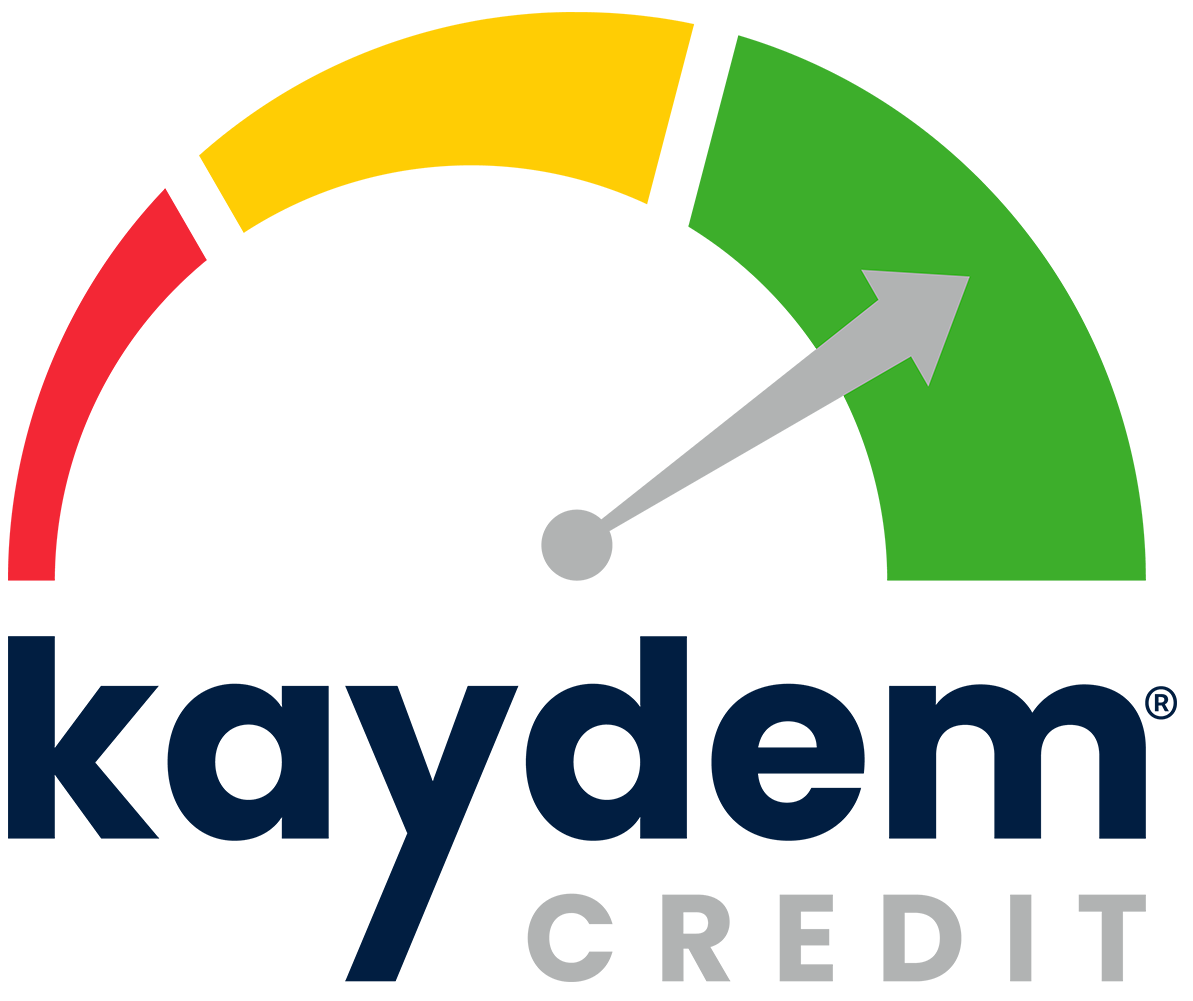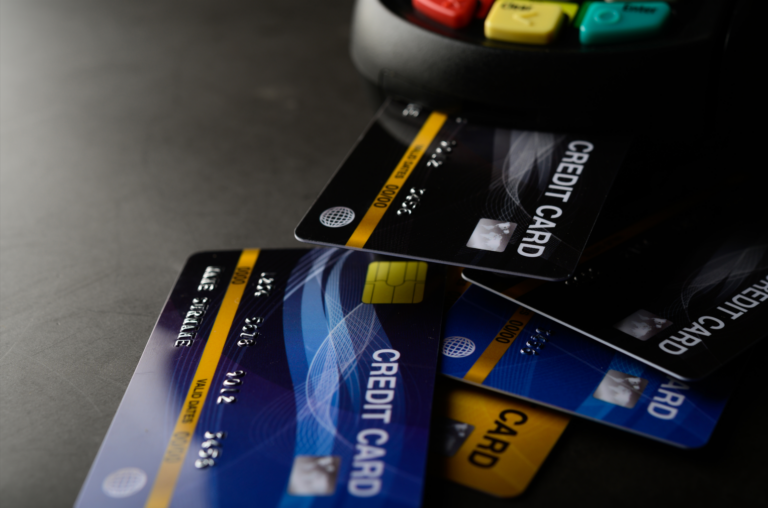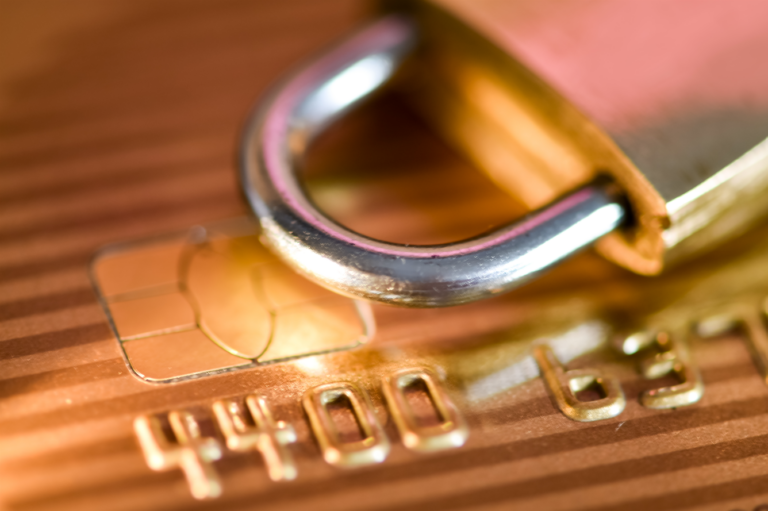Credit cards have become a ubiquitous presence in our lives. With just a swipe or a tap, we can pay for our purchases without bringing any cash with us. However convenient as credit cards may seem, they could also cause financial trouble if not used responsibly.
It’s easy to fall into the trap of overspending and overloading our credit card bills with high interest charges and fees. But fret not – there are ways to use credit cards sensibly and reap the benefits without getting into money woes. In this article, we’ll share tips on how to use credit cards responsibly and make the most out of them while avoiding debt traps.
How Are Credit Cards Being Used Today?
Credit cards have become embedded into our everyday lives, but is that a good or bad thing? Studies on credit card use and debt reveal that as of the end of the first quarter of 2023, Americans’ total credit card balance is $986 billion, with the average American credit card holder carrying a balance of $7,279 as of the end of 2022.
This staggering debt can be attributed to the ease of acquiring credit, high-interest rates, and hidden fees often overlooked by unsuspecting consumers. As such, it is crucial to approach credit card usage with caution and knowledge to avoid falling into the trap of overwhelming debt.
How Do Credit Cards Work?
At its core, a credit card allows you to borrow money from a financial institution to pay for goods or services. Each month, you receive a statement outlining your purchases, and you can pay off the balance or carry it over to the next month with interest.
Credit cards are a convenient way to make in-store and online purchases, but it’s crucial to understand the terms and conditions before applying. Using credit responsibly and within your means is essential, as overspending and missing payments can lead to debt and a damaged credit score. Whether you’re building your credit history or looking for a more flexible payment option, a credit card can be a powerful tool when used wisely and in tandem with a well-put-together.
Potential Challenges
One of the most common pitfalls is failing to pay off the credit card balance in full each month. When this happens, you start accruing interest on your remaining balance. This interest can add up quickly, turning what might have been manageable debt into a financial burden. It’s crucial to remember that credit cards often come with high interest rates, making them an expensive way to borrow money if not managed properly.
Another challenge arises when cardholders miss their payments. Late or missed payments often result in additional fees, increasing the debt owed. Moreover, these late payments are reported to credit bureaus and can significantly damage your credit score. A low credit score can make it harder to secure loans or mortgages in the future, and in some cases, it can even impact your ability to rent a home or get a job.
Further down the line, consistent missed payments can lead to other serious issues, such as collections or charge-offs. Collection agencies may become involved if your debt is sold to them, and charge-offs occur when a creditor writes off the amount you owe as a loss, which can have long-term effects on your financial health and credit history.
How to Use a Credit Card Responsibly
Don’t Use Them Before You’re Ready
Firstly, it’s essential to understand your financial situation and habits when learning how to use a credit card responsibly. If you struggle with budgeting or have an unstable income, it might be wise to hold off on getting a credit card until you’re more financially secure. Remember, credit cards are not free money but a tool for financial flexibility and credit building.
Make Timely Payments to Build Credit
One of the simplest ways to build your credit is by making timely payments on your credit card since it makes up 35% of your overall credit rating. This positive payment history shows lenders that you’re reliable and can handle debt responsibly, improving your credit score over time, leading to larger credit limits, and boosting your chances of being approved for additional financing in the future.
Avoid Interest and Balance Carrying
Contrary to popular belief, you do not need to carry a balance or pay interest to build your credit or use credit cards responsibly. Paying off your balance in full each month helps avoid interest charges and demonstrates good credit management.
Credit cards offer a monthly minimum payment, which is the lowest amount you can pay monthly to continue being in good standing with that financial organization. However, paying just the minimum payment can lead you to spend more over time due to the interest rates. Therefore, it is always best to pay off your balance in full every month, or at the very least, pay more than the minimum to lessen the amount you pay in interest over time.
Earn Cashback and Rewards
Many credit cards offer cashback or rewards for purchases. These can be a great way to earn money back on everyday spending. However, it’s crucial not to spend more than you can afford to earn these rewards.
Most cards offer between one and five percent cashback on everyday purchases, so if you spend $500 on items you would have purchased regardless, you can get between $5 and $25 just for using your credit card instead of cash. Therefore, as long as you use the credit responsibly and pay in full to avoid interest fees, users can make money or earn rewards by using their credit cards.
A smart strategy is to save for a purchase, use your credit card to earn rewards, and immediately pay off the balance. This allows you to take advantage of the rewards without incurring debt or interest.
Avoid Common Cashback/Reward Pitfalls
While cashback and rewards can be beneficial, they can also lead to overspending. Avoid the trap of charging more than you can afford to get the reward. It’s essential to remember that any rewards earned are likely to be outweighed by interest charges if you carry a balance.
Track Your Spending
Regularly monitoring your credit card spending can help you stay within your budget, avoid unnecessary debt, and spot any fraudulent activity quickly. When using credit cards, it is easy to forget how much you are spending since the cash is not being deducted from your bank account right after purchase. As a result, racking up charges can happen quickly if you are not careful.
Also, when using credit cards, you risk someone stealing your card information to make fraudulent purchases. If not caught and stopped quickly, these criminals can rack up thousands of dollars worth of charges on your credit card and destroy the credit you have worked hard to build.
A credit monitoring service is one of the best ways to stay on top of any potential fraudulent activity. There are free options, such as Credit Karma and a free version of Experian’s service. However, these options may not send you the alerts in time to stop the activity from becoming detrimental or give you the complete picture of what is happening. For a more thorough look at what is going on with your credit reports, it is best to opt for a more robust monitoring service, like Fund&Grow Credit Services.
Unlike other credit monitoring services, Fund&Grow Credit Services gives users access to all three major bureau credit reports to offer a complete picture of what is happening to their credit. This service also provides 24/7 credit monitoring and real-time alerts so you can immediately be alerted to any fraudulent activity risks.
Pay for Large Purchases Over Time with a 0% Interest Card
Credit cards can help spread the cost of large purchases over time. However, having a clear plan for paying off the balance is vital to avoid interest charges.
If you plan to make a large purchase and pay it off over time, consider using a credit card with a 0% introductory interest rate. Just be sure to pay off the balance before the promotional period ends to avoid any interest charges.
If you cannot qualify for a 0% interest card yet due to being early on in building your credit, you can use secured cards to start building your credit history to work towards these cards.
Achieving Financial Goals with Credit Cards
Using credit cards responsibly is a critical skill in managing your personal finances. You can avoid falling into debt traps by understanding and preparing for potential challenges such as high-interest rates and late payment fees.
Furthermore, you can turn credit cards into beneficial financial tools by making timely payments, taking advantage of rewards without overspending, and keeping a close eye on your spending. Remember, credit cards are not an extension of your income; they should be handled carefully and strategically.
With the right approach, you can utilize credit cards to strengthen your financial health and pave the way toward achieving your financial goals.







